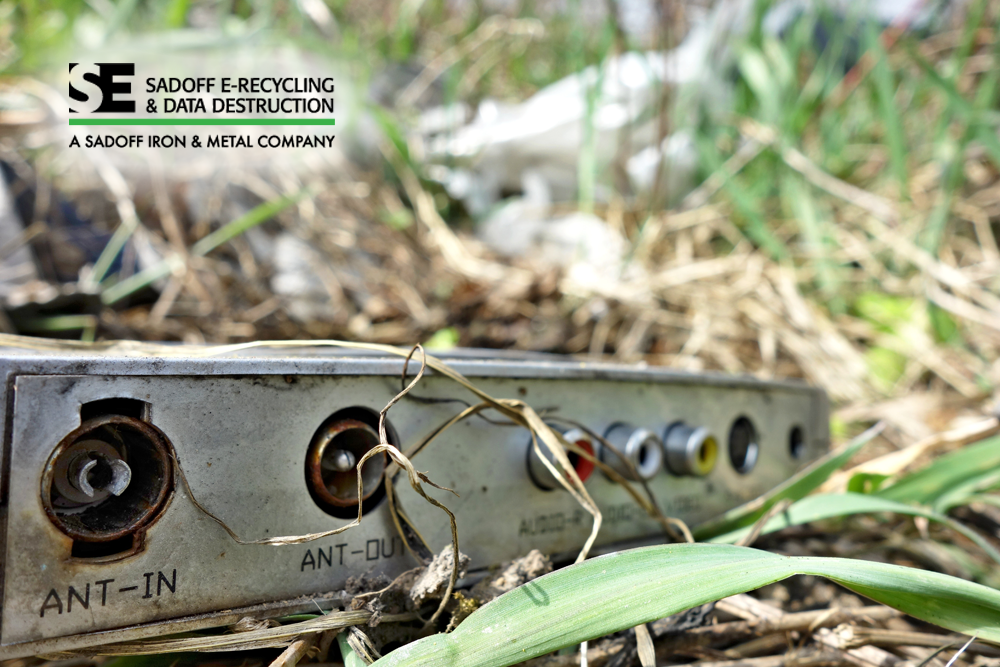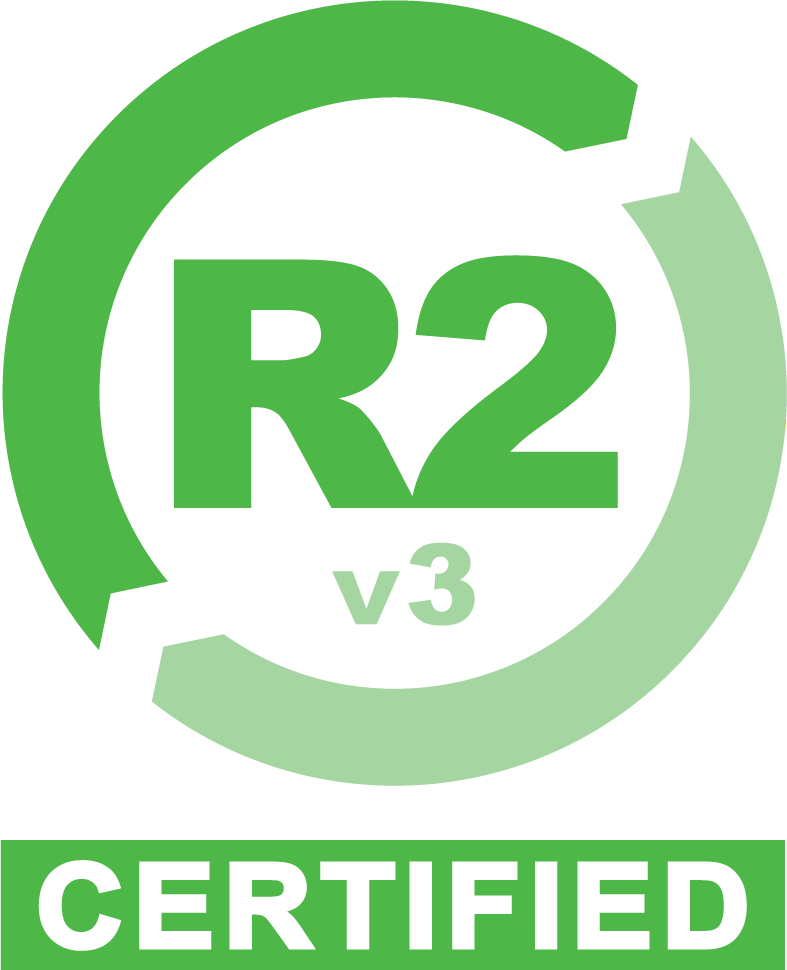New Responsible E-Recycling Initiatives Help A Planetary Problem
 31
31 Jul
The importance of recycling, especially recycling electronic waste (e-waste), has never been more top of mind during our everyday personal and professional lives. Reports on developing countries receiving e-waste from first-world countries are garnering internet headlines.
Yet, even individuals or organizations that consider themselves green-minded may not truly think about what happens to end-of-life electronics. Most people don’t consider the consequences and simply trust whoever is taking the electronics. After all, they claim they’re “earth friendly” and “environmentally responsible,” right?
Well, they may not be. And, we’ll dive into those muddy waters later. What is clear: today, more than ever, technology-focused due diligence is required to address the global e-waste trade.
America has Helped Create a Worldwide Problem and is Helping with the Solution
It’s no surprise that outdated electronics are the world’s fastest-growing source of waste, and that the U.S. is the world leader in producing e-waste. Now consider that some studies estimate that half of ALL electronic waste from the U.S. is shipped overseas (Kenya, China, India, Thailand, Mexico, Hong Kong, and many more).
Why? Mostly because environmental regulations in some other countries are much less strict. Scrap electronics not sold to dealers are often burned, which releases toxic pollutants (lead, cadmium, dioxins, furans, arsenic, phthalates, flame retardants, and many others), affecting air quality and endangering entire communities already hit hard by poverty. These toxic contaminants are detrimental to the health of complete ecosystems, with even the smallest amount of mercury alone being a neurotoxin.
According to 2009 EPA estimates, Americans disposed of 2.37 million tons of e-waste, and only 25 percent of that was recycled domestically. Imagine how much that total has increased over the past nine and a half years! Although the U.S. may not have a federal e-waste regulation system, many companies are stepping up to proactively address potential downstream accountability issues.
Big Challenges. Big Solutions.
Recyclers have a big job on their hands. Americans send them approximately 50,000 dump trucks worth of electronics each year. And, unfortunately, traditional audits and inspections by compliance officers cannot always prevent unscrupulous companies from handling these electronics improperly.
This is such a growing problem that one organization, Seattle-based Basel Action Network (BAN), has developed a commercial GPS tracking system called EarthEye to prevent environmental dumping in developing countries as well as data breaches. EarthEye provides real-time logistics monitoring of e-waste and daily downstream performance audits.
According to BAN studies, 40 percent of tracked devices given to electronics recyclers in the U.S. were sent offshore instead of being recycled here (as the contracted recyclers claimed they would be).
Just last month, Dell (partnering with BAN) announced a GPS tracker program that verifies where Dell electronic scrap goes after collection. Although the pilot program involves only 40 electronic devices, this initiative shows how Dell is taking steps to ensure devices end up where they should in accordance to Dell’s strict “no export of e-scrap” policy.
3 Steps to Reputable Recycling
Everyone wants an honest and mutually beneficial business relationship. Not sure if you’re getting that from your recycler? Consider these three steps to determine if you’re dealing with a recycler you can trust.
1. Verify vendor promises
Ever wonder how some recyclers can offer such great prices, particularly on e-waste? Well, they don’t process it; they just ship it overseas. So, ask if your recycler examines the business practices of all partners downstream to make sure they’re not just dumping material.
2. Check their credentials
Sustainable Electronics Recycling International (SERI) created the R2:2013 Standard, the electronics recycling industry’s leading certification, which helps ensure quality, transparency, and environmental and social responsibility. Ask if your recycler follows R2 Standards.
3. Follow your gut
Recently completed tracking studies have proven that there are many so-called recyclers that take risks to improve their bottom line. Get to know your recycler and ask how they feel about innovation, responsibility, and downstream due diligence. After all, environmental stewardship and data security are vital to today’s successful companies and organizations.
Responsibly Recycling E-Waste to Protect the Earth
At Sadoff E-Recycling & Data Destruction, we pride ourselves on recycling and destroying data the right way, which helps protect both our customers’ precious data and the planet. We call this “Down To Earth” recycling, meaning we combine our environmental responsibility with a relaxed, customer-focused attention to detail. Plus, we strive to make things easy by offering refurbishing, remarketing, safe data destruction, and e-recycling all in-house.
If you’d like more information about our journey to R2 certification, review this Sadoff news item. If you’d like to discuss ways your company can meet its sustainability goals while also responsibly getting rid of outdated equipment, reach out to us online or call us at (833) E-RECYCL.
Tags: certified electronics recycler, recycling IT equipment, sustainabilityCategorized in: Sustainability




 Google map directions
Google map directions
 Google map directions
Google map directions
 Google map directions
Google map directions
 Google map directions
Google map directions
 Google map directions
Google map directions
 Google map directions
Google map directions
 Google map directions
Google map directions